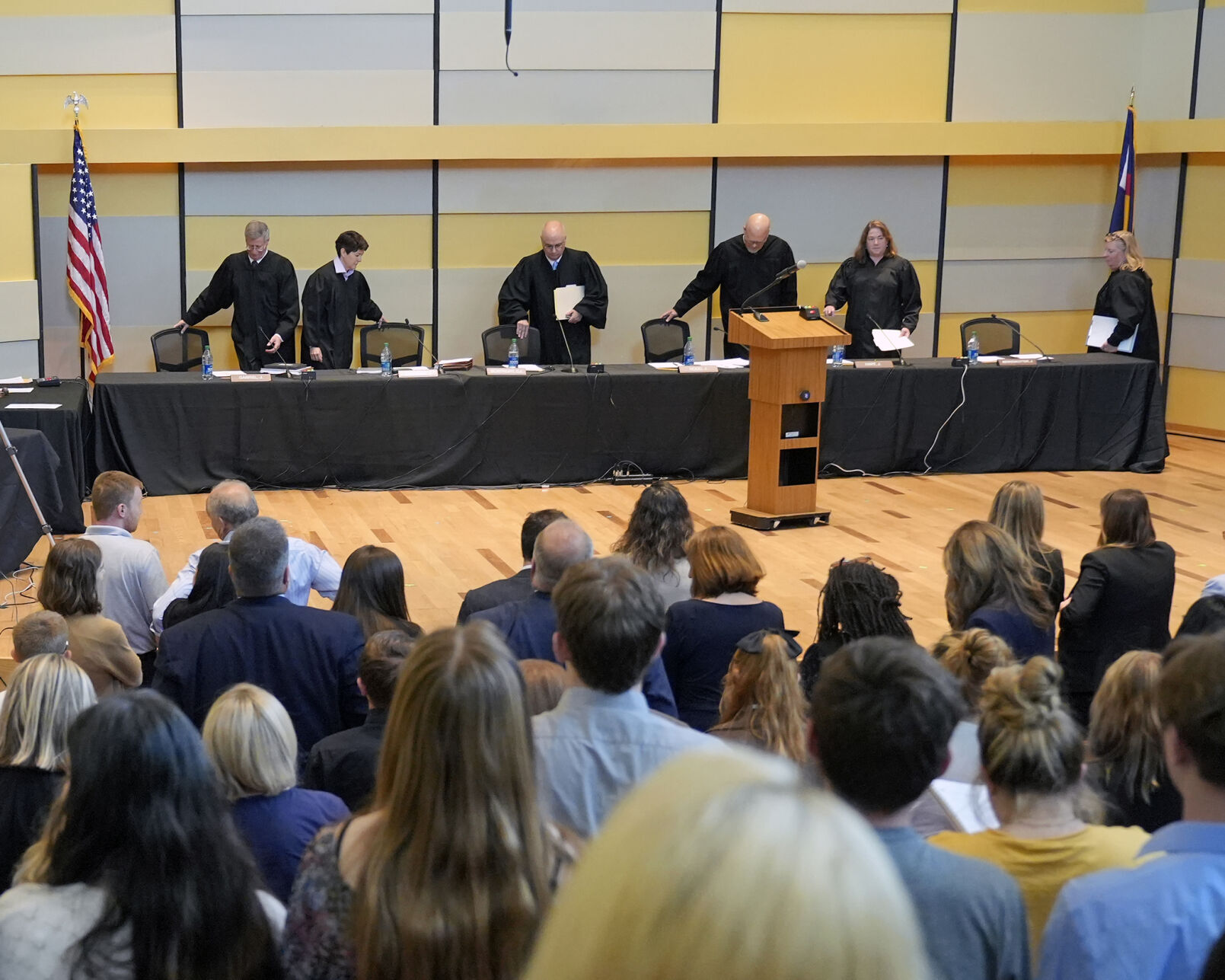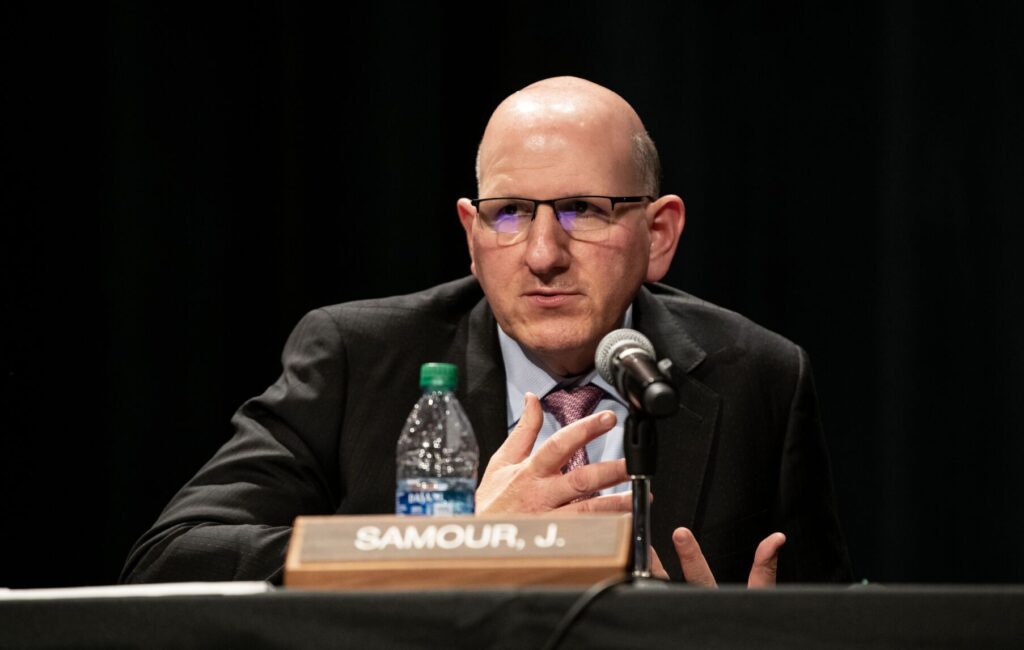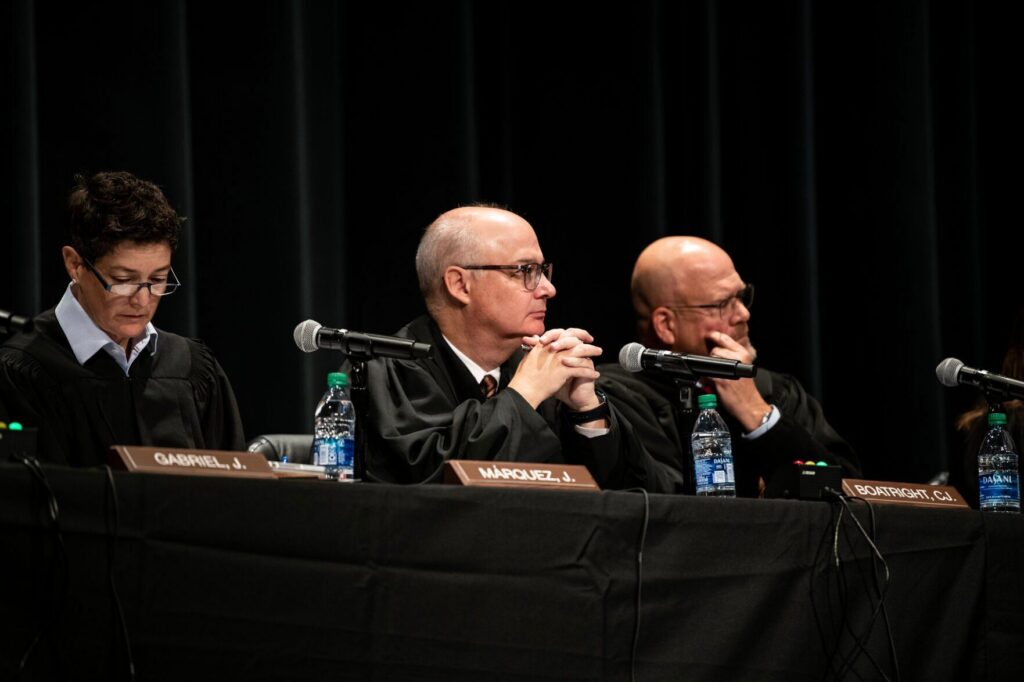Colorado Supreme Court to answer whether plaintiffs benefit from weekend, holiday extension in filing suit

If plaintiffs have three years from the date of their injury to file a lawsuit, but the deadline falls on a Saturday, Sunday or holiday, do they get until the next business day to submit their complaint?
The Colorado Supreme Court announced on Monday it will review a September 2023 decision of the Court of Appeals that found Carmelita Gomez could not benefit from the weekend grace period when her statute of limitations expired on a Saturday.
Gomez’s attorney warned the Supreme Court that multiple legal deadlines, not just Gomez’s, may be subject to new interpretation based on the decision.
At least three of the court’s seven members must agree to hear an appeal.
Gomez filed suit in 2019, alleging Ryan Walker was negligent when he hit her vehicle in June 2016. Colorado law requires plaintiffs in motor vehicle personal injury cases to file suit within three years of their injury “and not thereafter.“
However, another provision of state law instructs judges, when “computing a period,” to extend the deadline if it falls on a Saturday, Sunday or legal holiday. Gomez’s three-year deadline fell on a Saturday, so she filed her complaint after three years and two days.
Although he initially found the lawsuit was timely filed, then-Denver District Court Judge Michael J. Vallejos changed course and dismissed the complaint in September 2021 after the Court of Appeals, relying on an unrelated legal rule, declined to recognize the extension of a weekend deadline.
Gomez protested the dismissal, but District Court Judge Stephanie L. Scoville, who took over the case, stood by the three-year deadline to the day.
“Plaintiff could have electronically filed her complaint on the weekend, as the e-filing system is always available,” she pointed out.
A three-judge panel for the Court of Appeals, reviewing Gomez’s case, acknowledged the recent appellate decision Vallejos relied upon did not apply to Gomez’s motor vehicle lawsuit. Judge Katharine E. Lum, writing for the panel, called it “tempting” to say Gomez had three years to file suit, with a Saturday deadline rolling over to Monday.
“However, we must also give effect to the phrase ‘and not thereafter,'” she wrote.
Because the law providing three years “and not thereafter” was newer and more specific than the contrary law providing a weekend grace period, the panel deemed Gomez’s lawsuit to be filed two days too late.
Turning to the Supreme Court, Gomez argued the Court of Appeals could have easily harmonized the seemingly dueling requirements, rather than choosing one over the other.
“Taken together, we submit that a claimant must bring an action for injuries sustained in a motor vehicle accident within three years, and not thereafter unless the anniversary falls on a weekend or holiday in which case the statute expires on the next business day,” wrote attorney John D. Halepaska.
Halepaska also asked the Supreme Court to clarify whether the Court of Appeals’ rule only applied going forward, or if existing cases would be affected by the new understanding of when the grace period applies.
“A retroactive application of the Gomez decision would result in an unknown number of time barred actions — civil and criminal — without any fair warning to litigants, district attorneys, criminal defendants, etc.,” he wrote.
The Supreme Court agreed to address both issues.
The case is Gomez v. Walker.













